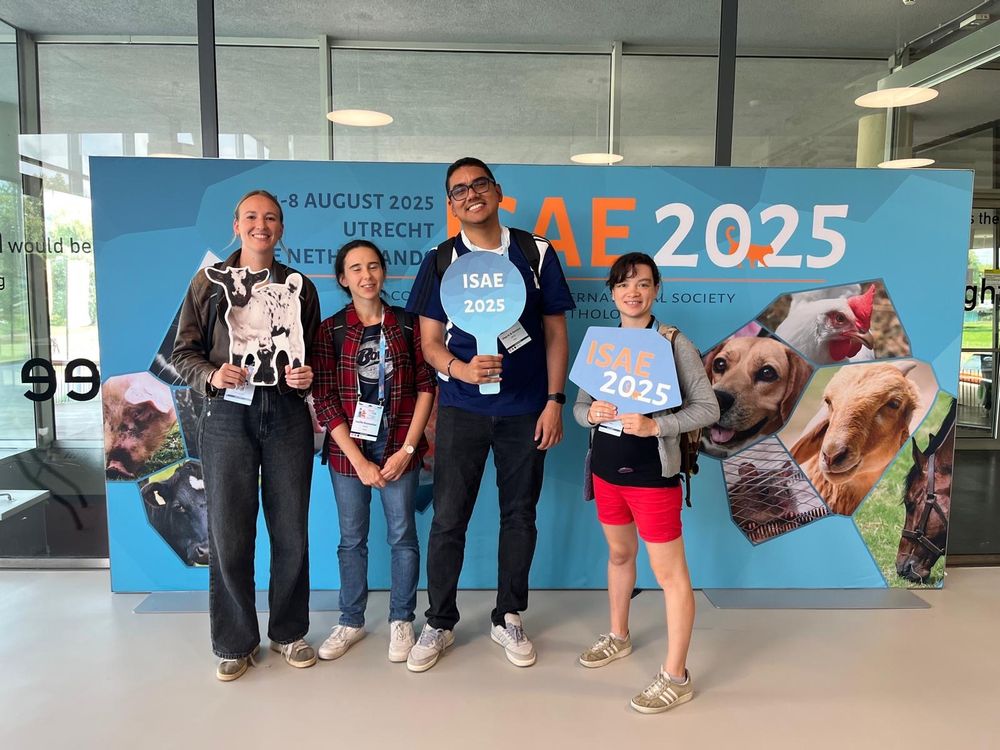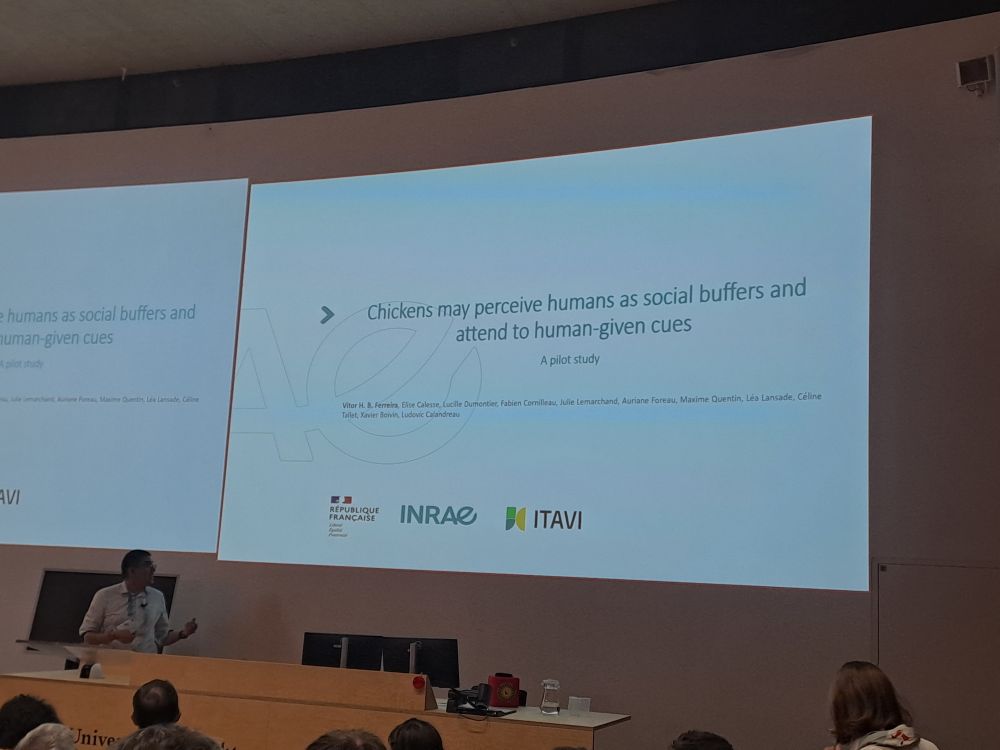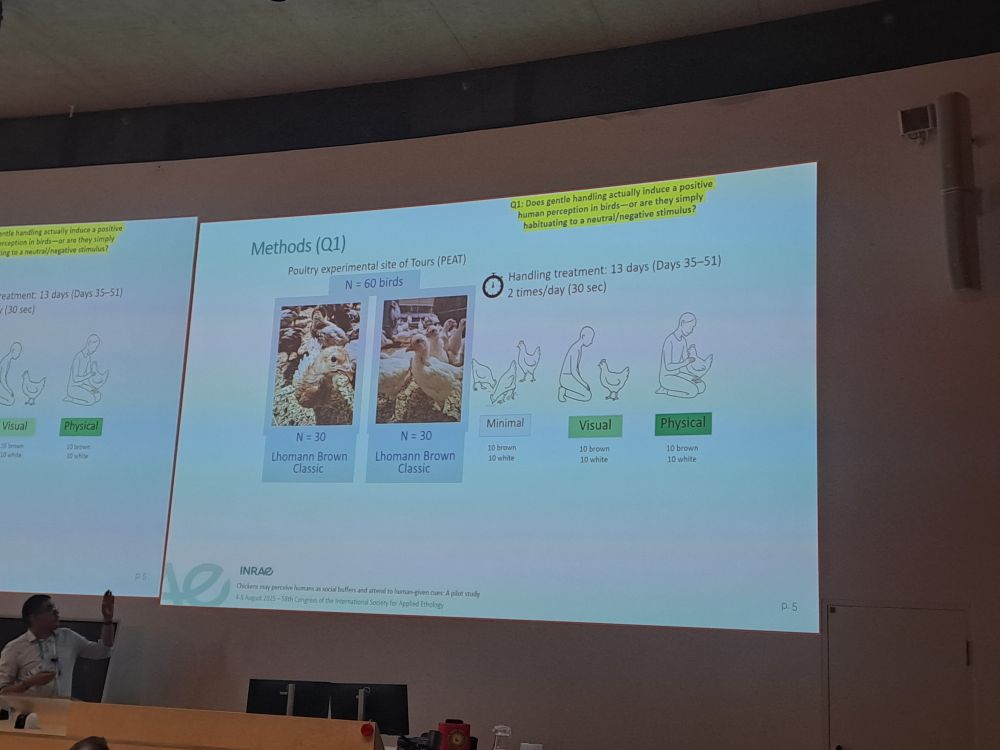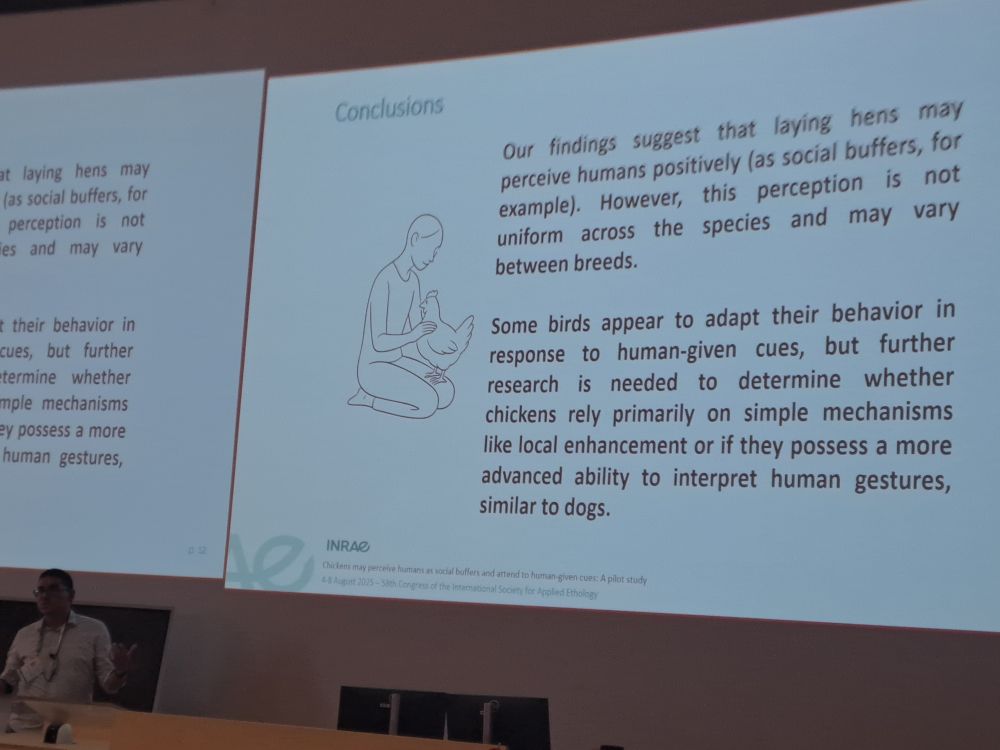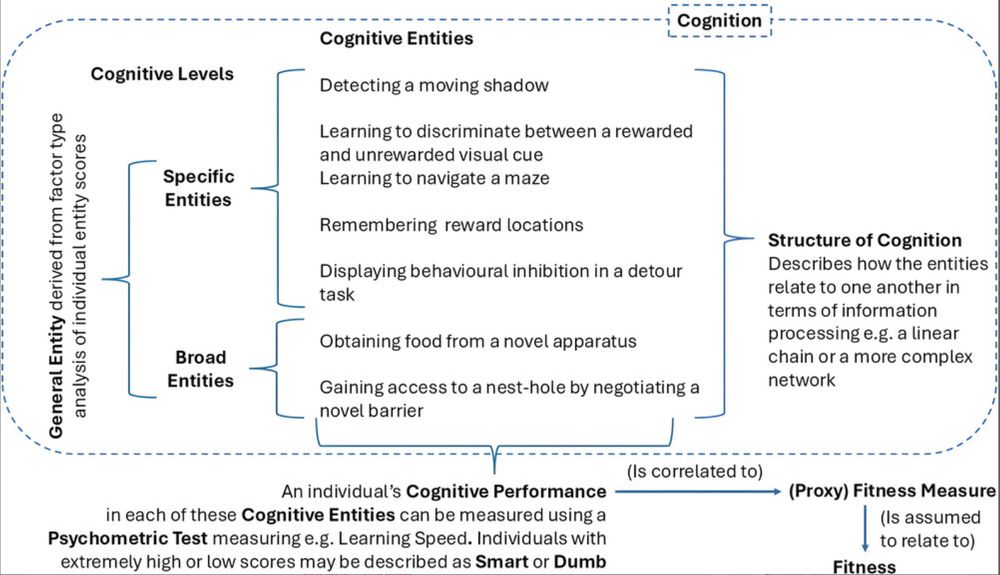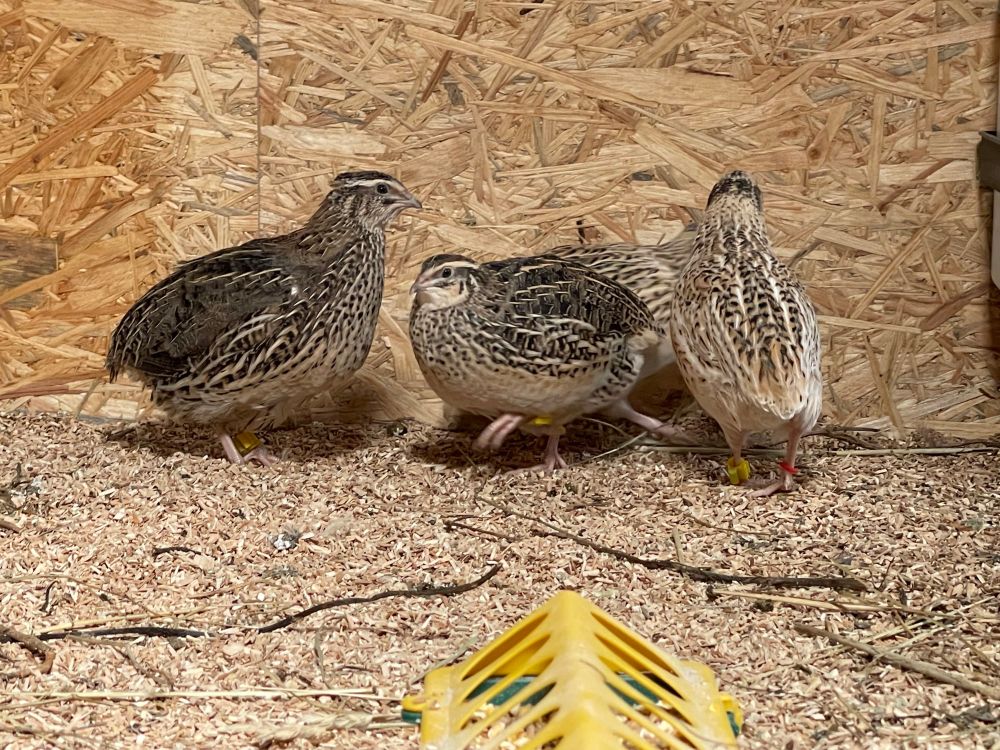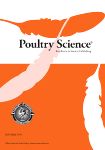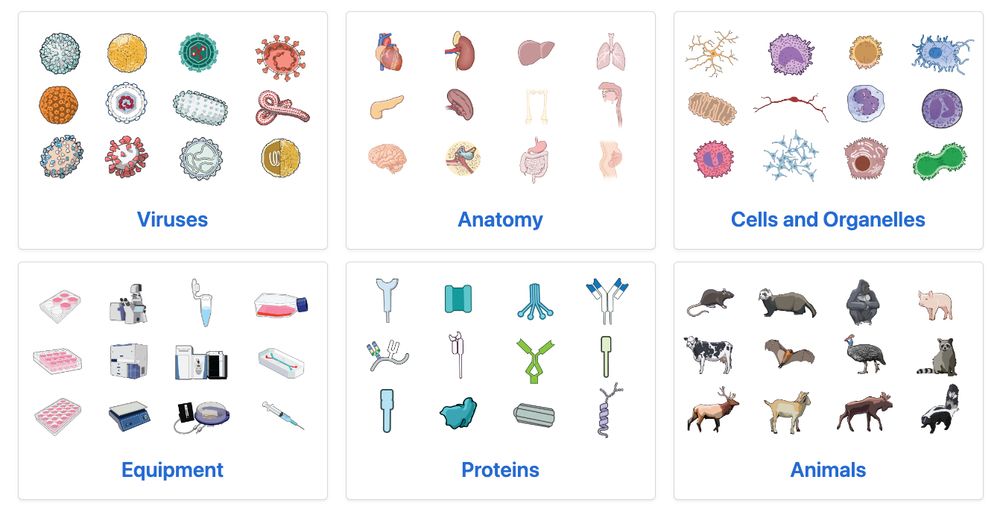Vitor H. B. Ferreira
@vitorhbf.bsky.social
580 followers
890 following
15 posts
PhD in Animal Behavior and Cognition. 🇧🇷 Researcher at INRAE 🇫🇷 and CEB team (Cognition, Ethology and Animal Welfare) 🐣🐥🐓🐤🐔
Posts
Media
Videos
Starter Packs
Reposted by Vitor H. B. Ferreira
Reposted by Vitor H. B. Ferreira
Alexis Verger 🧬🧫🧪
@alexis-verger.cpesr.fr
· Jun 27
Reposted by Vitor H. B. Ferreira
Reposted by Vitor H. B. Ferreira
Reposted by Vitor H. B. Ferreira
Reposted by Vitor H. B. Ferreira
Dustin Marshall
@djmmeeg.bsky.social
· Nov 7
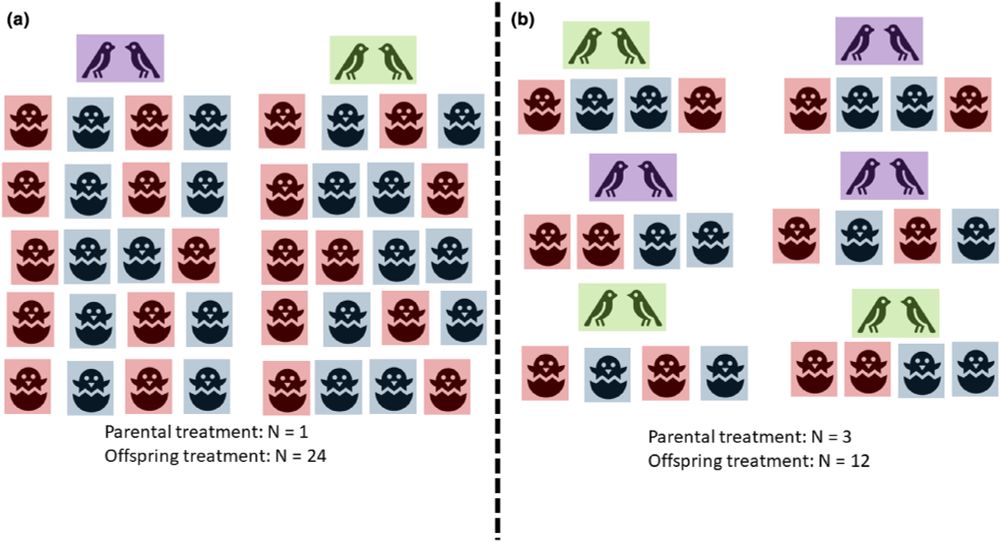
Principles of experimental design for ecology and evolution
Here I argue that we do not discuss experimental design, often until it is too late. This editorial seeks to begin a conversation about how and where to replicate appropriately.
onlinelibrary.wiley.com


